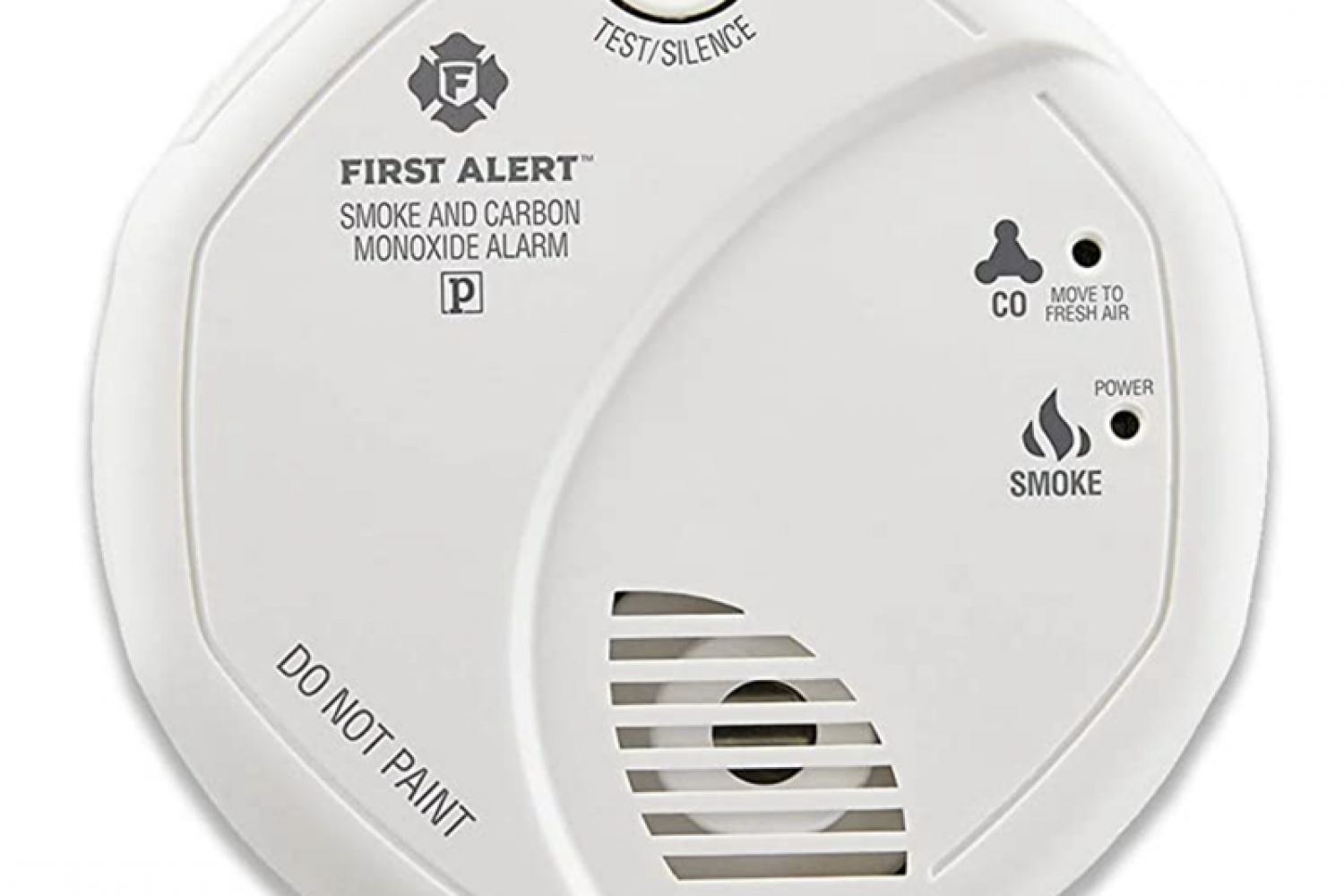HUD has released new guidance on CO Detectors/Alarms – you can download it here: Carbon Monoxide Alarms or Detectors in all HUD-Assisted Housing
All HUD-Assisted Housing must install CO Detectors/Alarms
by December 27, 2022
HUD encourages PHAs and Owners to follow the 2018 IFC code Section 915 that you can find here: 2018 IFC Section 915
- When do I need to install Carbon Monoxide Alarms/Detectors?
- If the Unit is serviced by a fuel fired appliance (gas heat, gas stove, gas water heaters (inside unit), fireplaces, wood stoves, portable generators, gas grills, etc.)
- If the Unit has an attached garage
- Where do I install them?
- The code can be confusing. Carbon Monoxide ALARMS are just that – they make a noise but do not send a signal to your Fire Alarm System. Carbon Monoxide DETECTORS detect the carbon monoxide and then signals are transmitted to an approved location (alarm system, fire department, etc.)
- If the Unit’s bedroom has a vent where the gas heat can come in – you need to have the CO alarm inside the bedroom unless you have a CO DETECTOR outside the bedroom (sends a signal to the fire panel/department) then you do not have to install it in the bedroom.
- Bottom line – they should be installed “in the immediate vicinity” outside of bedrooms AND ALSO within the bedroom itself if it is served by a forced air furnace or has a fuel-burning appliance in the bedroom/bathroom.
- For the exact location (distance from the floor) – follow the manufacturer’s instructions for the Carbon Monoxide alarm/detector
- What if we have a common garage on the ground floor of a 3+ story apartment building, and we are all electric?
- The code states that CO Detectors/Alarms are not required in Units and Sleeping Areas located more than 1 story above or below the garage. So, the first floor would be required to have them installed.
- Can I use a combination Smoke/Carbon Monoxide Alarm/Detector?
- Yes! Here is an example of what one looks like:

- Do they need to be hard-wired?
- Per IFC 915.4.1, yes but they also must have battery back-ups. The only exception is if your building does not have commercial power…like a shed.

